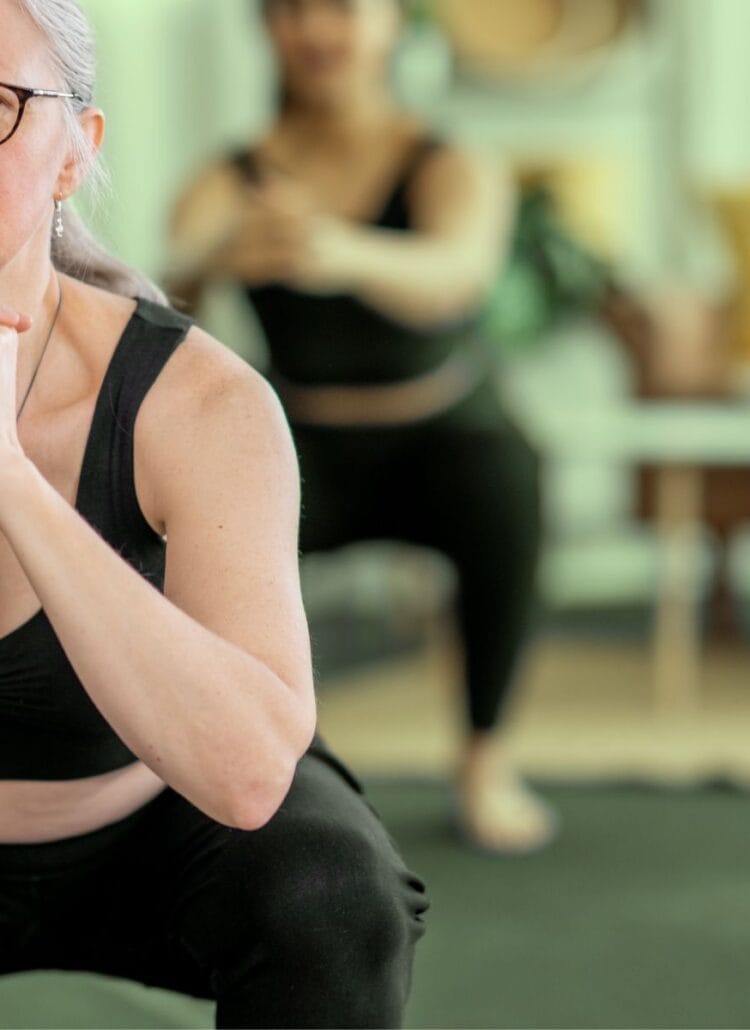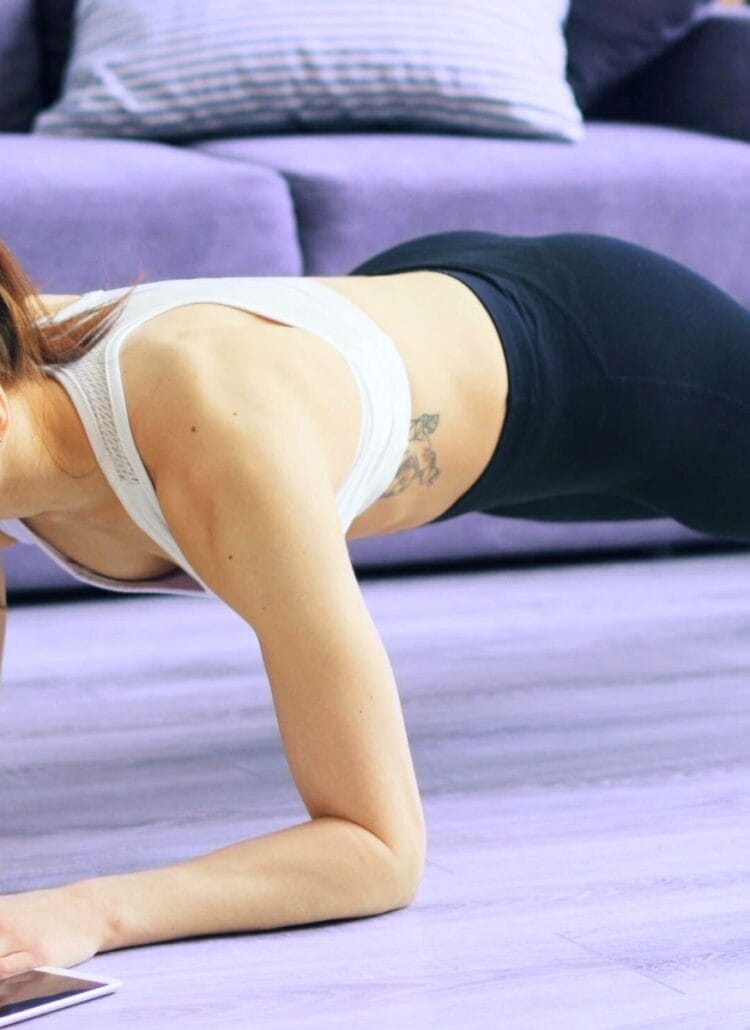
Everyone wants to feel good about themselves, but the key is frequently consistency rather than drastic changes. Establishing a daily routine that incorporates self-care, mental wellness, and physical health can significantly alter how you present yourself.
Following a regular schedule can help you reach your goals, whether they are to feel more balanced, increase productivity, or boost self-esteem. It involves coordinating little daily decisions with the ultimate objective of leading a comfortable, authentic, and self-assured life.
Making goals to boost your confidence is the first step on the journey. From there, you can create a lifestyle pattern that suits you. Let’s explore how.
Make Morning Rituals a Priority
Your morning routine might influence the rest of your day. Create a morning routine that helps you feel centred rather than grabbing your phone or rushing out of bed. This could consist of:
- To awaken your body, do some mild yoga or stretches.
- Before coffee, have a glass of water to stay hydrated.
- Spend five minutes journaling to help you decompress.
- Put your top three priorities for the day in writing.
These minor behaviours, when regularly performed, communicate to your brain and body that you are in charge of your day rather than the other way around.
Keep Your Diet Balanced
Your mental and physical health are greatly influenced by your diet. You can prevent irregular eating habits, energy slumps, and the anxiety that comes with making last-minute food choices by developing a regular meal plan. Pay attention to:
- Whole foods include whole grains, fruits, vegetables, and lean meats.
- Preparing meals in advance to save time and lessen stress.
- Consuming adequate water to maintain energy levels.
Continue making lasting modifications rather than striving for perfection. Your energy levels will stabilise and your thoughts will become clearer as a result of your consistency.
Make a Commitment To Consistent Movement
Exercise is about building a healthy foundation for your body and mind, not just about getting fitter. Building an active routine doesn’t require an expensive gym membership. Sports with friends, bodyweight exercises at home, or daily walks all count.
More important than intensity is consistency. 20 minutes of daily movement is more beneficial over the long run than short bursts of intense exercise. Additionally, exercise improves brain clarity, lowers stress levels, and naturally increases self-confidence.
Make Getting Enough Sleep a Priority
When life gets hectic, sleep frequently becomes the first item to go, yet maintaining a regular sleep schedule can change your life. Even on the weekends, try to go to bed and wake up at the same times every day. Develop routines like:
- An hour before bed, stay away from screens.
- Establishing a relaxing nightly routine, such as meditation or reading.
- Maintaining a calm, dark, and cold bedroom.
Getting enough sleep enhances mood, memory, and even how your body breaks down food. It’s among the easiest methods to feel your best.
Take Good Care of Your Look
How you show yourself to the outside world is part of self-care. Personal style, skincare, and grooming can all have an impact on your mood. Some even spend money on procedures that support their own objectives, such as laser hair removal, which provides a low-maintenance method of streamlining personal hygiene practices and enhancing self-esteem.
Consistency, not vanity, is the key: maintaining your appearance makes you feel put together and upbeat every day. Naturally, you carry yourself with more confidence when you believe you’re presenting your best self.
Establish Limits for Technology
Overuse of technology might cause you to lose attention and become exhausted. Establishing tech-related rituals can help you feel more at ease and productive throughout the day. Among the examples are:
- Simply checking emails at predetermined intervals.
- Disabling notifications that are not necessary.
- Establishing “no phone” areas, such as the bedroom or the dining table.
You take back control of your time and make room for true relaxation by establishing these boundaries.
Make Mental Health Practices a Priority
Your emotional and physical wellness are equally vital. You can improve your stress management skills by adopting a regular practice of mindfulness, writing, or therapy. You can centre yourself by setting aside even ten minutes each day for introspection.
Additional beneficial routines include breathing techniques that assist you in refocusing during stressful situations and gratitude exercises, which involve writing down three things for which you are grateful each day. These straightforward routines foster perspective and resilience.
Fostering Connections
Routines aren’t the only foundation of a fulfilling existence; connection is also essential. Making time for friends, family, and the community on a regular basis enriches your days. This could be making time for a coffee date on the weekend, calling a loved one once a week, or even participating in local events.
You may build a stronger support network and make positive memories by cultivating relationships.
Continue to Learn and Develop
Feeling your best includes personal development. Making time for learning on a regular basis (through reading, writing, art, and more) keeps your mind active and sharp. Additionally, it gives you a sense of momentum and boosts your confidence in both your personal and professional lives.
This doesn’t have to be too much to handle. Learning something new for even 15 minutes a day can add up to significant progress over time.
Honor Little Victories
Progress, not perfection, is what makes you feel your best. Recognising and applauding minor victories on a regular basis will help you stay motivated.
Perhaps you finished a project you’d been putting off, or you spent an entire week according to your sleep routine. Give yourself a reward by acknowledging those instances. This kind of thinking eventually assists you in concentrating on the positive rather than focusing on the negative.
A regular schedule does not imply strict self-control or the elimination of spontaneity. Rather, it’s about developing dependable behaviours that promote your wellbeing, confidence, and health. The small things you do every day, like taking care of your health, exercising frequently, grooming yourself with confidence, and making sleep a priority, can have a big impact.
Pin This Post





